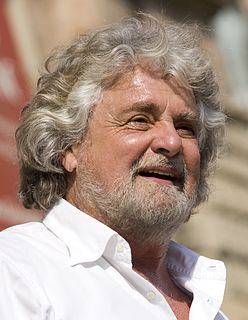A Quote by Ai Weiwei
All movies in China are censored. Out of 600 movies produced in China, only 60 are allowed to show in theatres.
Related Quotes
One thing we haven't mentioned is something everyone should understand very clearly. Look at the budget that was invested in 'Avatar': who in China has that kind of money to spend on making a movie? So we as Chinese filmmakers should work together to make Chinese movies that can compete as best we can for Chinese audiences, not make lousy movies, but make the best we can for that audience. Concentrate the money, the talent we have on making good movies [for China].
I've sat in so many meetings where they talk about converting movies to 3D just for the China market and just to make more money. I saw that people in China work long, long hours and that it's expensive to go to the movies, and you want to rip them off for even more money? I don't think that's right.
I'm very pessimistic about that, no matter how hard we may try. The Chinese market is huge, but out of last year's $2 billion box office, $1.8 billion was taken in by foreign movies, and just $200 million by our own movies, no matter how much we have learned of their techniques, or their good practices. The Hollywood movies imported into China are all good movies; does the U.S. make lousy movies? Yes, too many lousy movies, but the imports are good films, so how can they not be box office hits? They're all hits.
I can't do the same movies all my life. I'm conscious of that. But it's a trade-off. 'Dear John' allowed me to do movies I've wanted to do. You learn to balance it out. I'm still learning. Only now am I getting to do the kinds of movies that I have wanted to do. So it's a steady climb. You don't jump into a Soderbergh film.
The comics of course, help the movies, because all of the comic fans want to see the movies. And the most amazing thing about it is these movies seem to appeal to young people, to old people, and to people all over the world. They're as popular in China and Latin America as they are here. That's really amazing and gratifying.
The experience of seeing a surf movie in the 1970s, as a teenager, and the energy in those theatres, was amazing. It was the only way to see people surfing. These guys would go out and make these surf movies and bring them to four-wall theatres. It was an incredible experience that I'll never forget.
In 2006, I became the fist American to be allowed to go visit their astronaut center in China in Beijing. I think that it makes sense for the U.S. to work with China in the future and I hope to see, if the political atmosphere between the United States and China allow for us to do more cooperation together, especially in the area of human space flight. I think in the same way that it's help improve the relations between the U.S. and Russia; it would help to improve the relations between the U.S. and China.




































